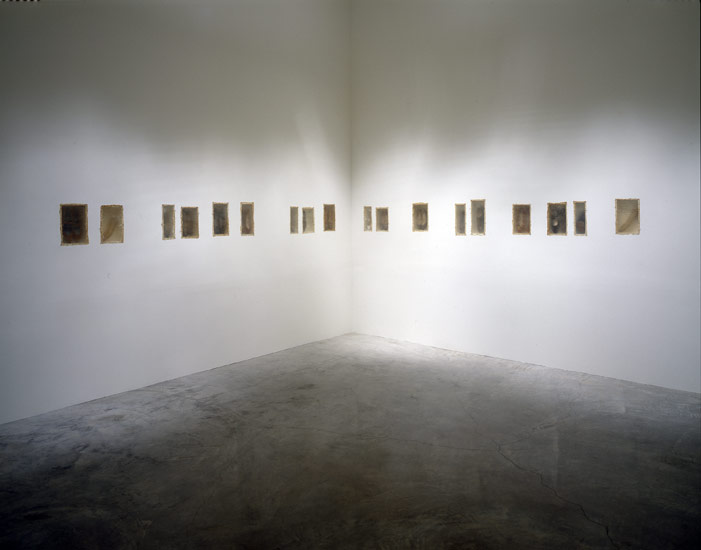Doris Salcedo makes sculptures and installations that function as political and mental archaeology, using domestic materials charged with significance and suffused with meanings accumulated over years of use in everyday life. Salcedo often takes specific historical events as her point of departure, conveying burdens and conflicts with precise and economical means.

Artist Doris Salcedo thought-provoking art transforms reclaimed items of furniture into politically charged sculptural work. In 2003 she took over a derelict spot between two buildings in Istanbul, stacking 1,500 chairs on top of one another that towered over passers-by like a small building. The chairs were piled in disarray, the huge number of items serving as a memorial to the many faceless members of society whose lives, work and even disappearance goes by unnoticed.

In the early 1990s, Salcedo researched the lasting effects of violence through extensive fieldwork across Colombia. During this time, she learned that female victims were treated with particular cruelty and that shoes were often used to identify remains—especially in the context of los desaparecidos (the disappeared).
In Atrabiliarios, worn shoes—primarily women’s—are encased in niches embedded into the gallery wall, covered by a layer of stretched and preserved animal fiber, and affixed to the wall with medical sutures. The empty boxes are also made of animal fiber and seem to anticipate more deaths to come. The semitranslucent surfaces of the niches obscure their contents, alluding to the fraught relationship between memory and time.




